Taiwan Weekly is a newsletter released every week by Fair Winds Foundation, Association of Foreign Relations and Taipei Forum that provides coverage and perspectives into the latest developments in Taiwan.
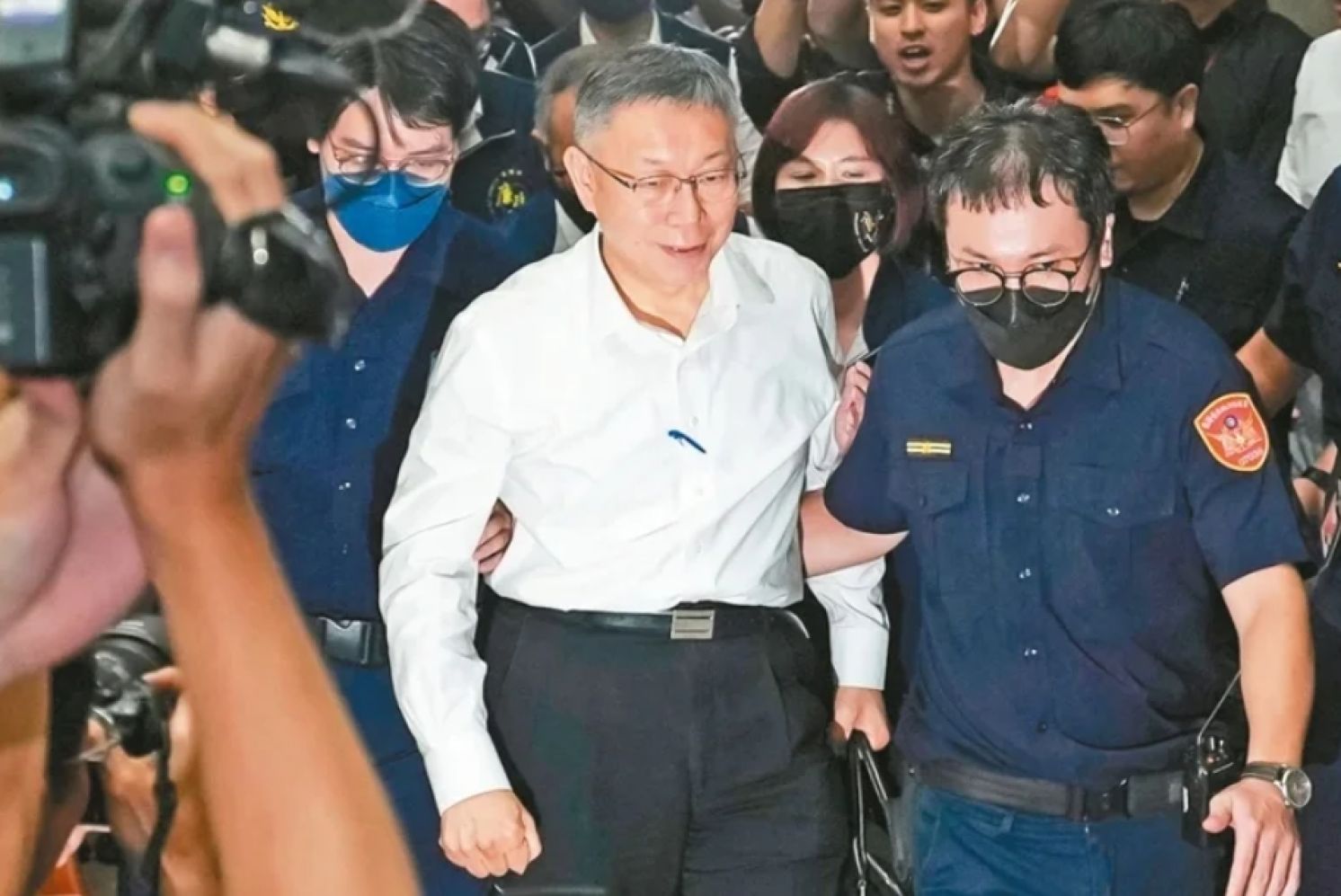
TPP Chairman Ko Arrested on Allegedly Taking Bribes
During his term as Taipei mayor, Chairman Ko Wen-je of the Taiwan People’s Party (TPP) was involved in the Living Mall project controversy. On August 31, the Taipei District Prosecutors Office filed a complaint with the court, requesting to detain Mr. Ko, on suspicion of Mr. Ko violating his duties by accepting bribes, intending to profit, and manipulating evidence. The detention of the chairman of the third largest political party has severely affected the current political structure of the DPP’s opposition, which supposedly cooperates to check and balance the DPP. The TPP has framed this as a “political hunt,” seeking to unify its supporters and prevent them from disintegrating.
Details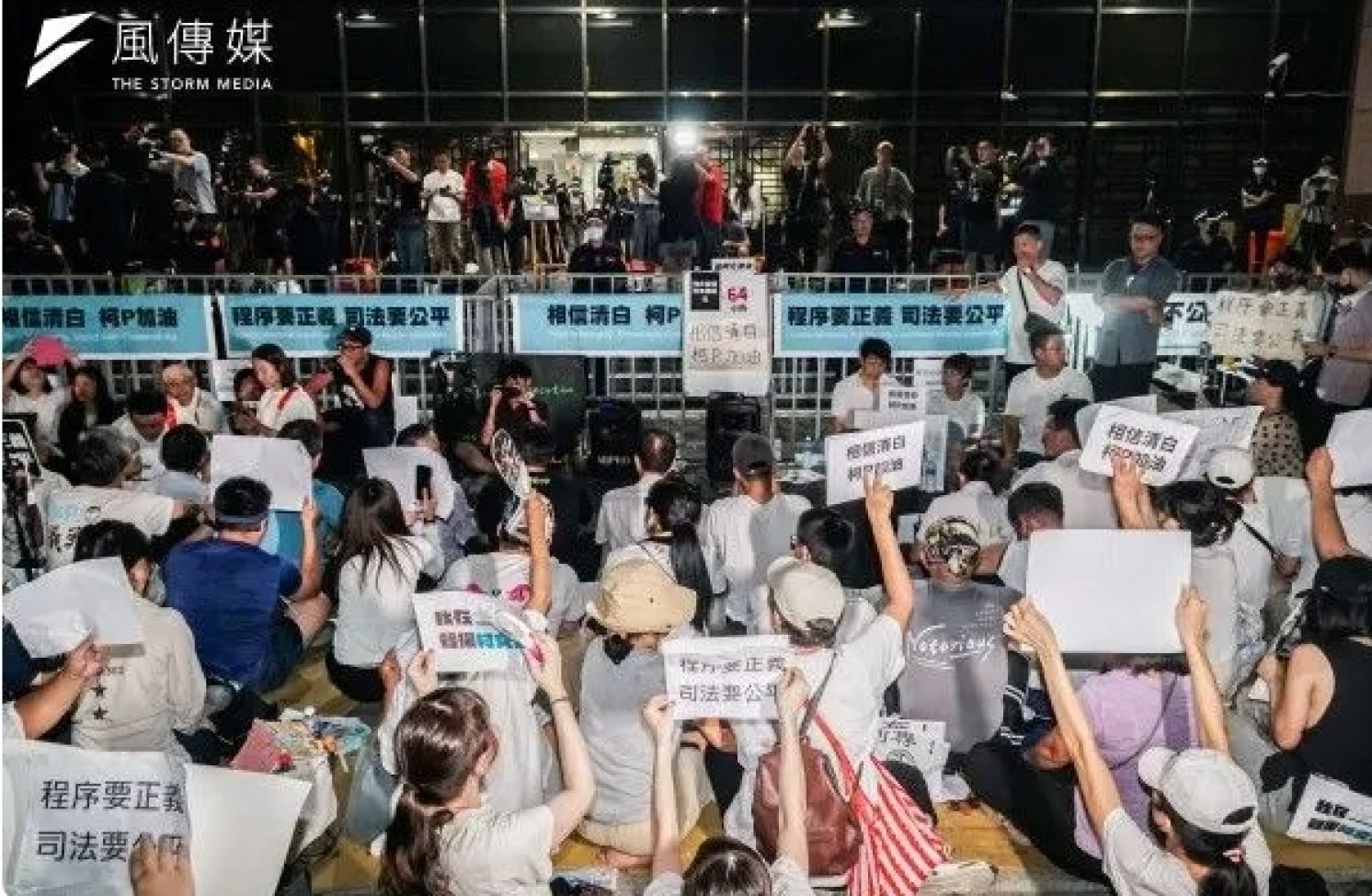
With TPP Fragmented, How Can KMT Attract Disillusioned Voters?
The Taiwan People's Party (TPP) is facing the biggest crisis since its founding ten years ago. On August 30, Chairman Ko Wen-je was subjected to a search and questioning by the prosecutors due to the Living Mall project case. This comes after the scandals related to irregularities in his previous campaign financial reporting, delivering another heavy blow to the party. Many supporters who had hoped for the TPP as an alternative to the Kuomintang (KMT) and Democratic Progressive Party (DPP) now find themselves disillusioned, with both parties reaching out to these disenchanted voters. Meanwhile, President and DPP Chairman Lai Ching-te has successfully reclaimed the support of young voters through recent anti-corruption actions from prominent figures within and outside his party, many of whom were originally inclined towards the green camp. In contrast, what is the KMT offering to attract these voters to vote for them? Those are not only challenges for the KMT and TPP separately but also is also having a negative impact on the opposition’s role in fulfilling checks and balances.
Details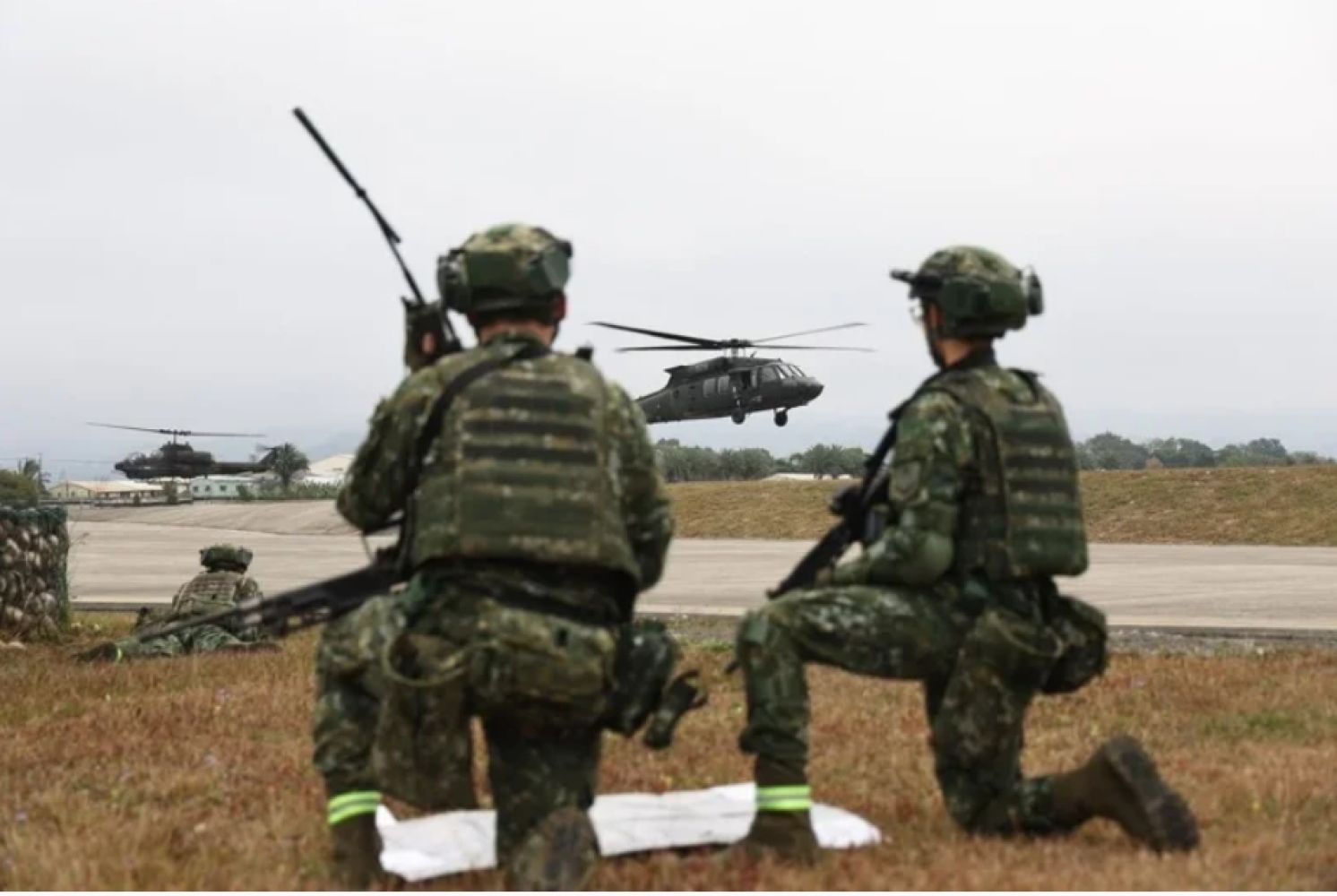
Concerns Raised By Battalion Commanders Highlight Crisis in Taiwan's Military Readiness
Four infantry battalion commanders about to deploy have jointly petitioned lawmakers, revealing severe deficiencies in equipment and leadership that hinder their ability to execute training missions. Despite persistent requests for support within the military, their appeals have gone unanswered, leading them to seek assistance from military-affiliated legislators. Although Taiwan’s defense budget is set to reach a historic high of NT$647 billion (about US$20.1 billion) next year, basic necessities like communication devices and gas masks are still lacking, and fundamental equipment checks are failing. Meanwhile, the government plans to invest heavily in building seven submarines, raising concerns about prioritization.
Details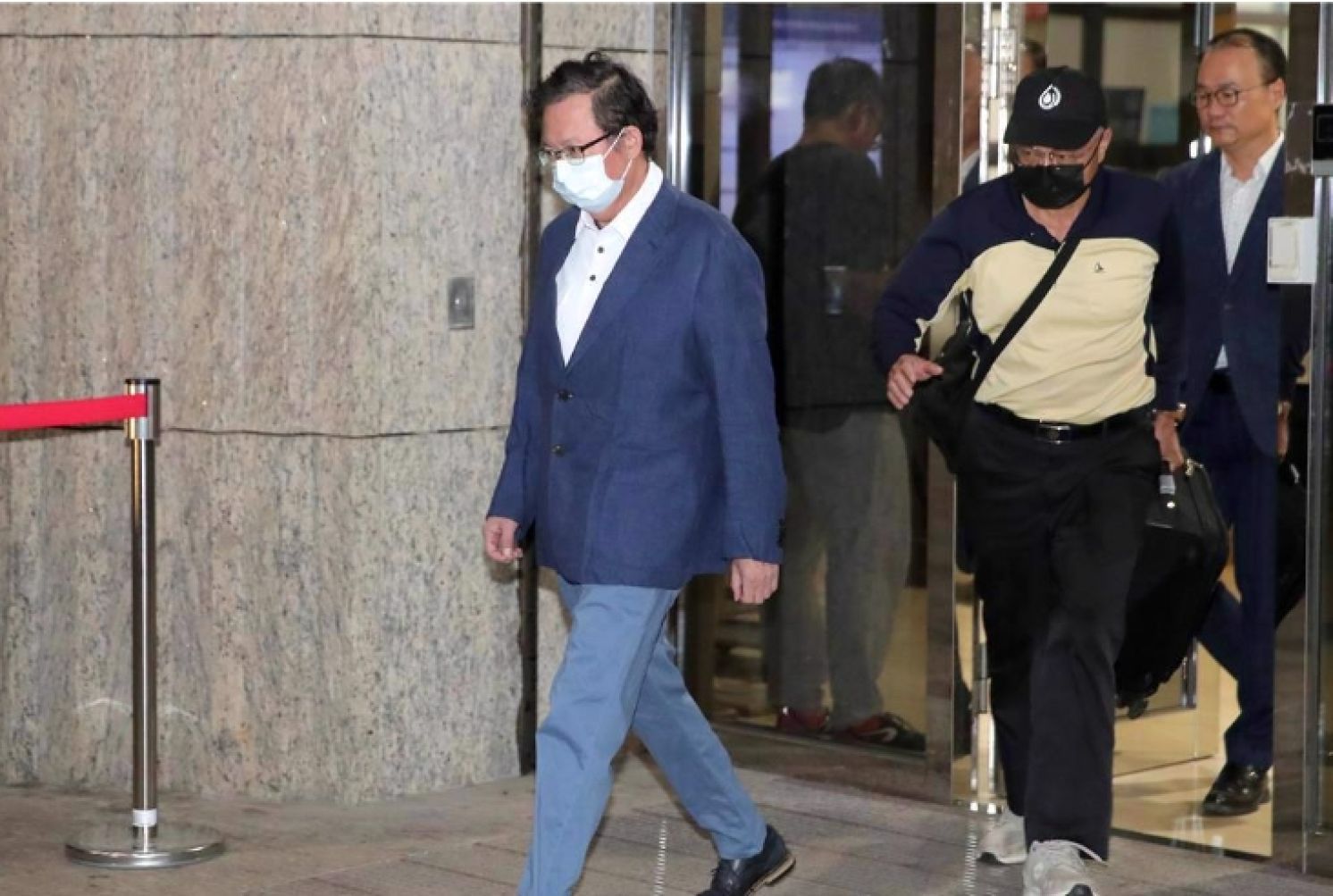
This Week in Taiwan 0825-0831
August 26: The Kuomintang (KMT) former central headquarters was deemed improperly acquired property by the Ill-gotten Party Assets Settlement Committee (CIPAS), which demanded a recovery of NT$1.13 billion (about US$35 million) from the sale. The KMT filed an administrative lawsuit and won the first trial. Additionally, the Broadcasting Corporation of China (BCC) was identified as an affiliated organization of the KMT and faced a recovery demand of NT$7.7 billion (about US$239 million), but CIPAS also lost this case. Despite three consecutive losses, CIPAS can still appeal.
Details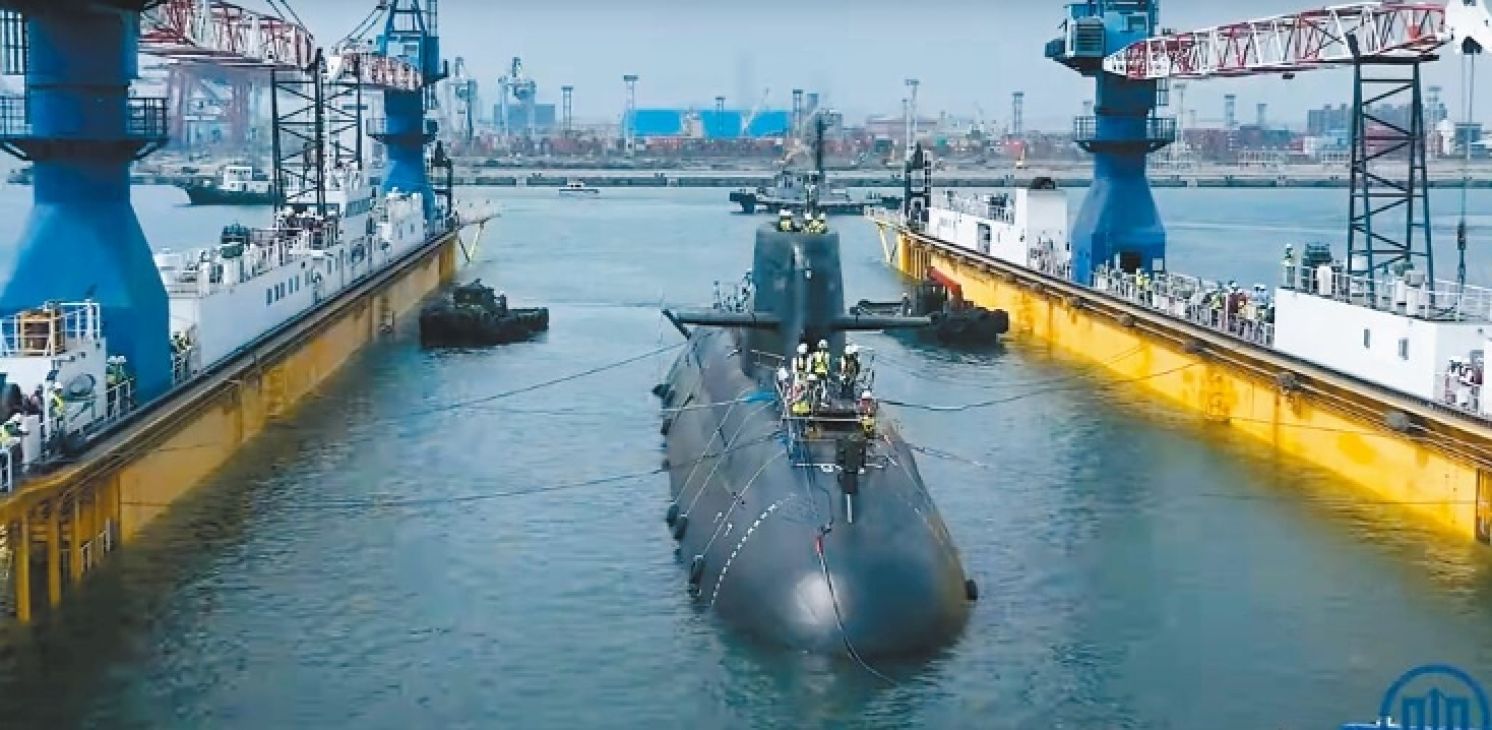
Taiwan to Invest $84.8 Billion in Submarine Program Over 14 Years
The Executive Yuan has approved a budget of NT$2.84 trillion (about $84.8 billion) for the construction of seven new submarines over the next 14 years. This plan, which will run from 2025 to 2038, includes the development of new submarines following the ongoing tests of the prototype, Hai Kun. However, only NT$2 billion (approximately $62 million) is allocated for initial work in the upcoming year.
Details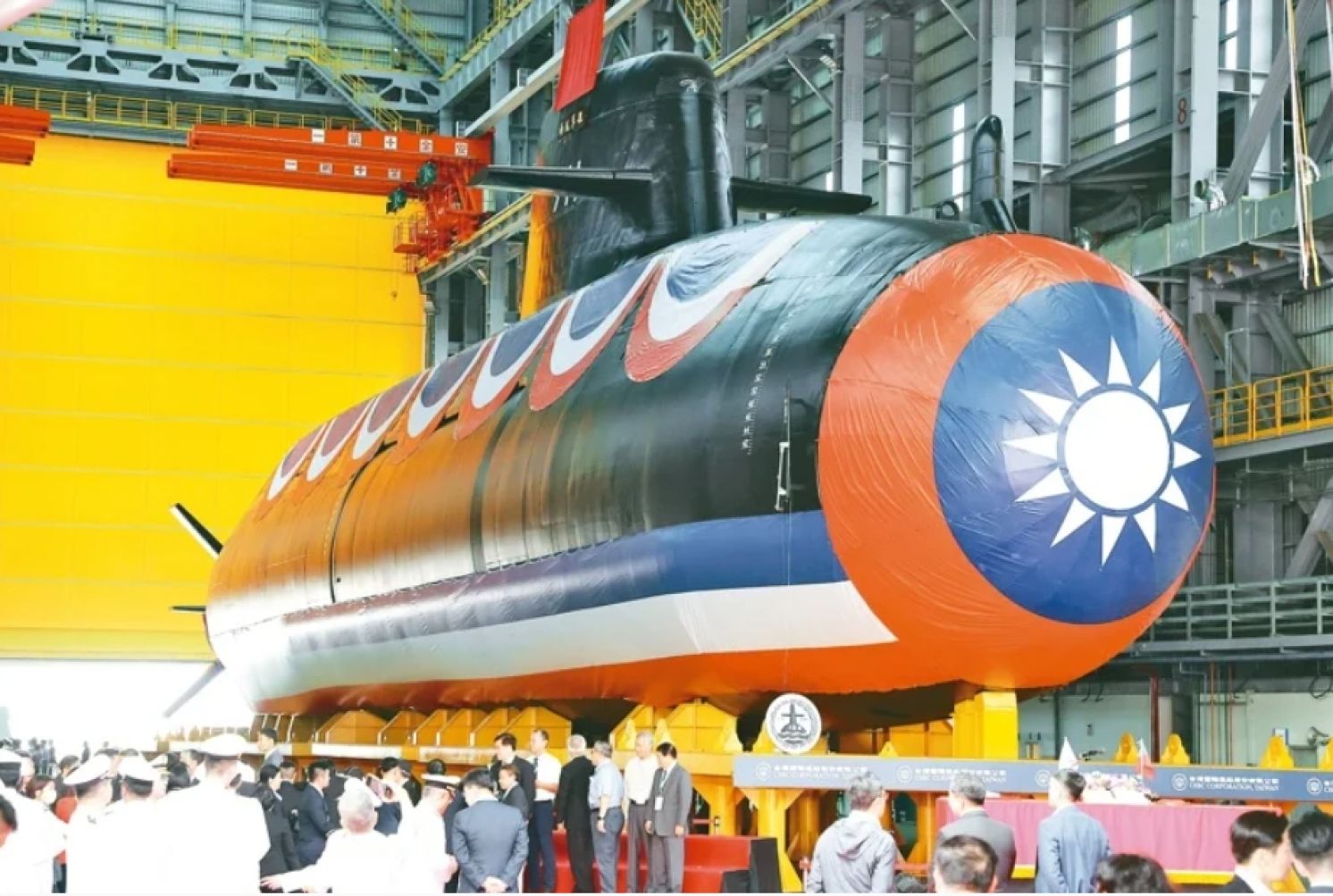
Devising Budget for Hai Kun Submarine Mass Production Before Sea Trials May Risk Serious Cost Misrepresentation
The central government budget for next year includes an allocation of NT$647 billion (about US$20.2 billion) for national defense. As part of this, Premier Cho Jung-tai approved a 14-year mass production budget totaling NT$284 billion (about US$8.8 billion) for the domestic submarine construction program. Next year, over NT$2 billion (about US$62.6 million) will be allocated as the initial installment. According to military expert Chung Chieh, the administration of President Lai Ching-te intends to leverage the Legislative Yuan's review of the first year's budget to secure approval for subsequent years. However, there are concerns that the budget may be inaccurate if the prototype Hai Kun-class submarine has not undergone sea trials before mass production funding is finalized.
Details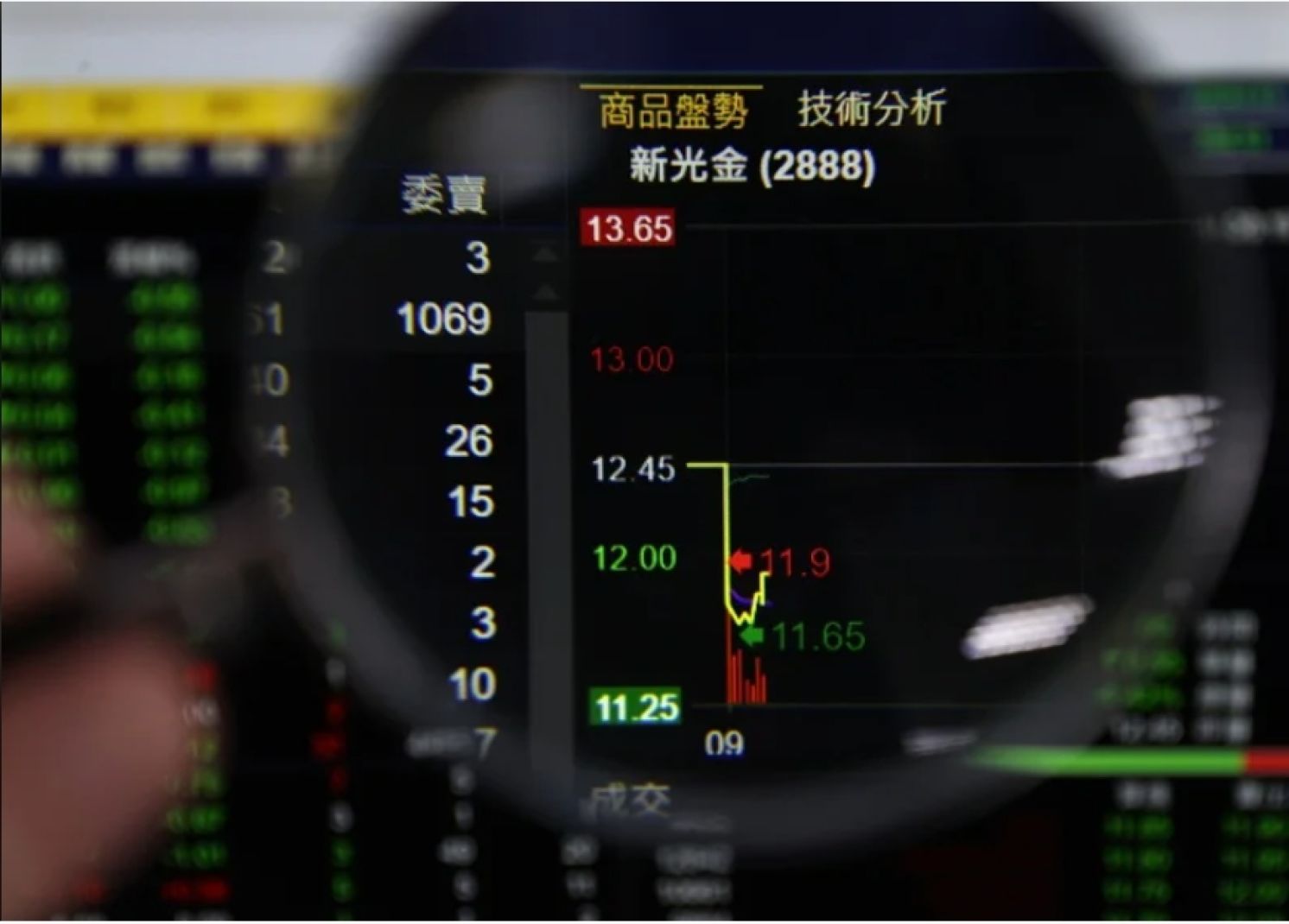
With High Price Offer, CTBC Shows Determination to Take Shin Kong
CTBC Financial Holding Company announced last night that it plans to acquire 51 percent of shares of Shin Kong Financial Holding Company at the price of NT$14.55 (US$0.46) per share (cash and stock swap), which is 16.86 percent higher than Shin Kong Financial’s share price. This plan also represents CTBC Financial’s largest shareholder Jeffrey Koo, Jr.’s masterpiece after he returned to the board of directors and is the most notable event in financial circles.
Details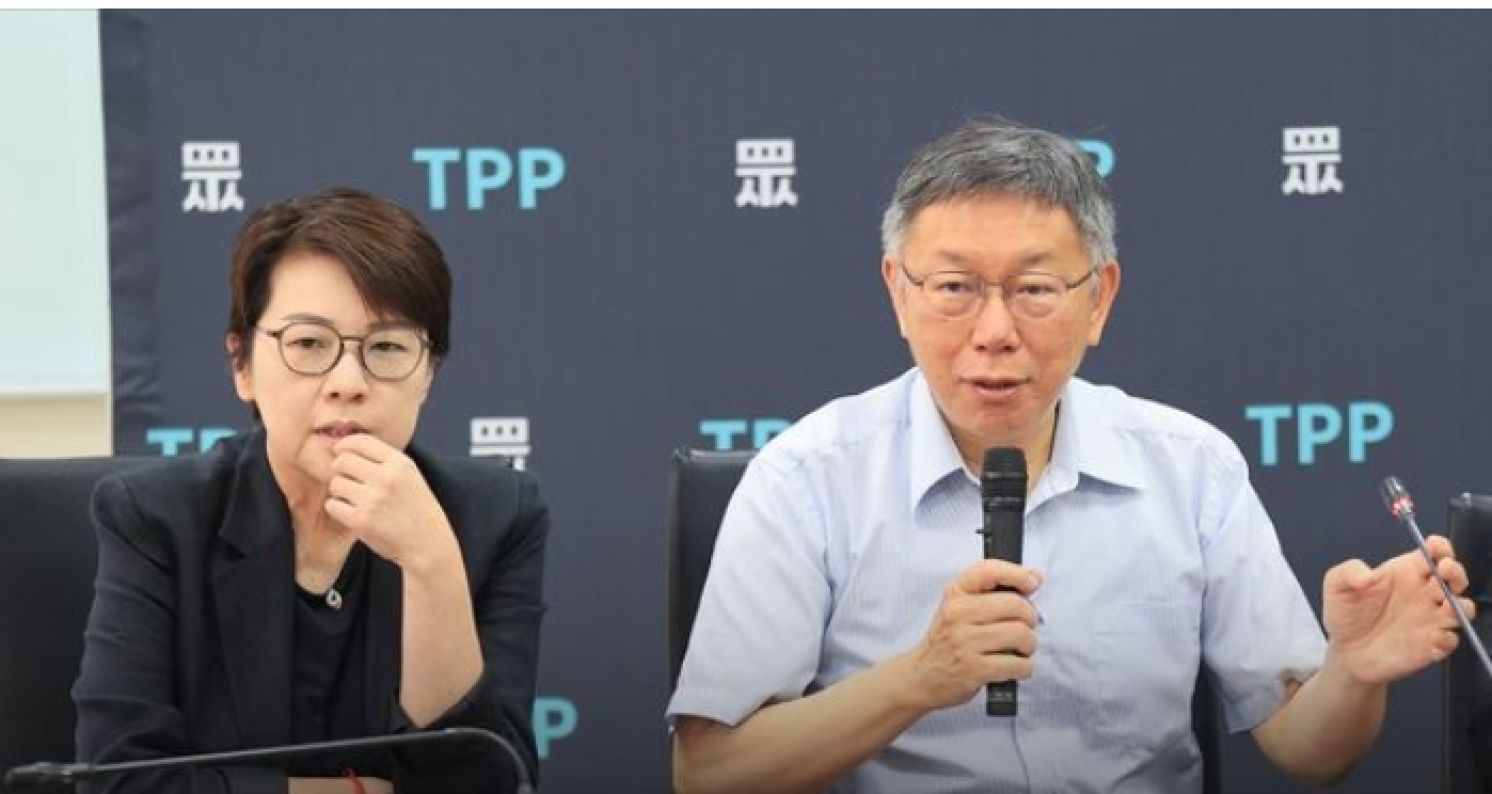
This Week in Taiwan 0818-0824
August 18: Minister of Transportation and Communications Lee Meng-yen was exposed to have been involved in a 10-year extramarital affair with a mainland Chinese woman. He promptly submitted his resignation which was approved, becoming the second cabinet member in the administration of President Lai Ching-te to resign. His tenure lasted only 92 days. The woman is a mainland spouse attracting attention not only for her marital status but also due to her connection to a development project under businessman Chang Kang-wei's company, which has been accused of embezzling funds from Far Eastern Air Transport. This revelation has sparked much speculation.
Details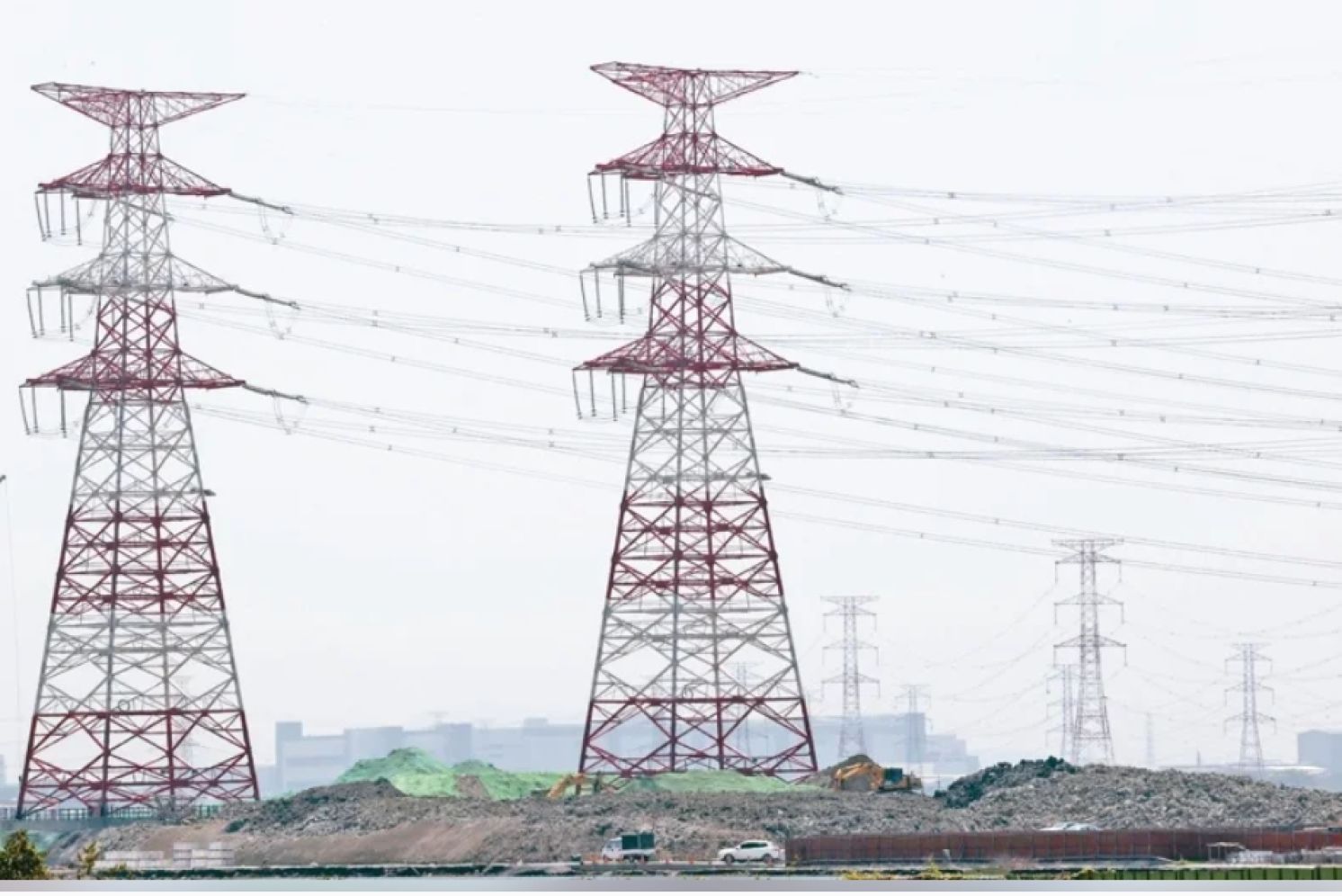
Executive Yuan Admits 20 Billion kWh Power Deficit in Northern Taiwan Last Year
The Executive Yuan led by Premier Cho Jung-tai has repeatedly assured that Taiwan will not face a power shortage by 2030. However, Chairman Tseng Wen-sheng of the Taiwan Power Company (Taipower) recently announced that data centers consuming over 5 MW of electricity in northern Taiwan would not be provided power. The policy has been met criticized as discriminatory and contrary to the no-shortage claims.
Details
Power Shortage Nightmare: Lifeline of High-Tech Industry in Taipower Chairman's Hands
During the administration of President Tsai Ing-wen from 2016 to 2024, the energy transition plan focused not only on reducing carbon emissions with "increasing natural gas" and "reducing coal," but also emphasized the ruling Democratic Progressive Party's (DPP) commitment to a "nuclear-free" policy and the expansion of green energy to enhance energy independence. The energy mix for 2025 was set in 2016 to be 50 percent natural gas, 30 percent coal, and 20 percent renewable energy. Eight years later, while the nuclear-free goal has been achieved, progress on the other three fronts has lagged behind. The Ministry of Economic Affairs (MOEA) had already revised the 2025 target for renewable energy generation down to 15.2 percent as early as January of 2024. The failure of this transition has come at the cost of stable power supply, leading to the ongoing nightmare of power shortages.
Details